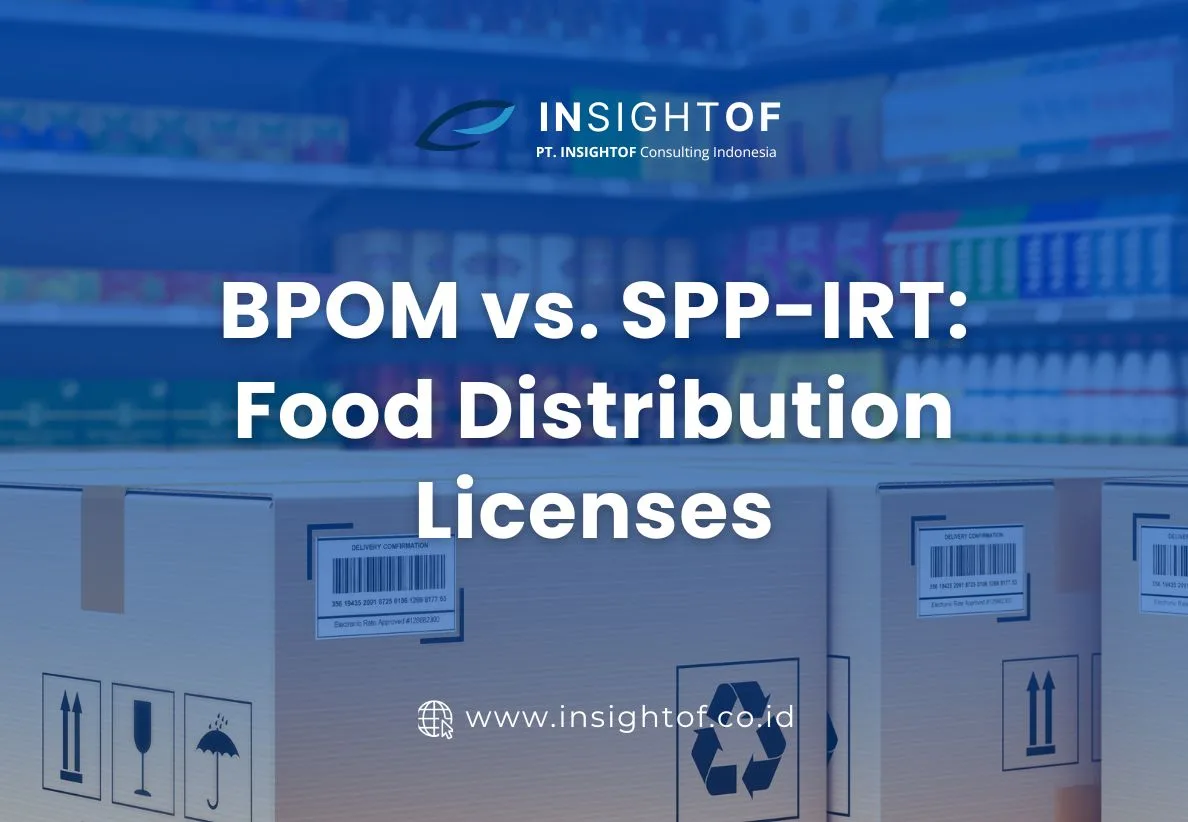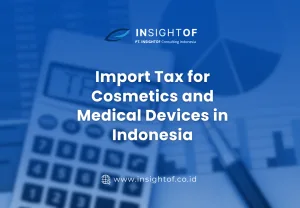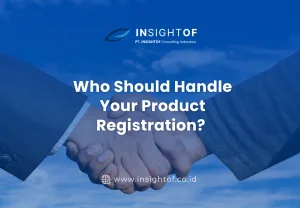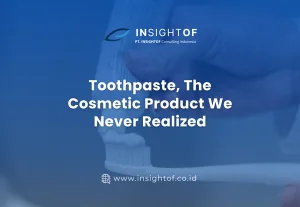Indonesia has stringent regulations governing the distribution of food products to ensure the safety and quality of food consumed by its population. Two primary licenses, the BPOM (Badan Pengawas Obat dan Makanan) license and SPP-IRT (Sertifikat Produksi Pangan – Industri Rumah Tangga), regulate the distribution of food products. While both licenses aim to control the distribution of food, there are significant differences between them in terms of the registration process, production scope, and issuing authority.

What is the BPOM Distribution License?
The BPOM Distribution License is an approval issued by the Indonesian Food and Drug Supervisory Agency (BPOM). This license is granted after BPOM evaluates the safety, quality, and labeling of processed food products. It is required for food products that are produced using advanced technology or on a larger scale, such as products that require pasteurization, UHT (Ultra High Temperature), or other processing methods that use specific technologies.

Examples of products that must have BPOM Distribution License are processed foods that are produced by large-scale industries or by using technology to extend freshness and safety for consumption. Different types of food products marketed throughout the territory of Indonesia, not only certain regions are covered by BPOM Distribution License.
Steps to Get the BPOM Distribution License:
- The manufacturer or marketer submits the product registration to BPOM.
- BPOM will verify the quality, packaging, and information contained in the product label.
- BPOM is in charge of a national distribution license if the product is in accordance with applicable food safety standards.
What is SPP-IRT?
Unlike the BPOM Distribution License, the SPP-IRT (Food Production Certificate – Home Industry) is a written guarantee provided by the regent or mayor to Food Home Industry (IRTP) practitioners within their jurisdiction. This certificate is issued for food products produced with simple or semi-automatic equipment, usually in a residence or business location not far from the owner’s home.
The SPP-IRT aims to provide legitimacy to micro, small, and medium-sized enterprises (UMKM) in the food industry, especially at the household level. Products that obtain the SPP-IRT are generally simpler processed foods with smaller production scales compared to those requiring the BPOM Distribution License.
Process for Obtaining the SPP-IRT:
- Registration is done by IRTP practitioners with the local government (regency/city).
- The local government will evaluate the production location, equipment used, and the type of food being produced.
- If the requirements are met, the SPP-IRT certificate will be issued, valid within the registered area.
Key Differences Between the BPOM Distribution License and SPP-IRT
While both licenses aim to regulate food distribution, there are several key differences between the BPOM Distribution License and the SPP-IRT, which are:

Foods Exempt from SPP-IRT and BPOM Registration
Certain categories of food products may not require registration under the SPP-IRT system or BPOM (MD/ML). These exemptions typically include:

Reference:








